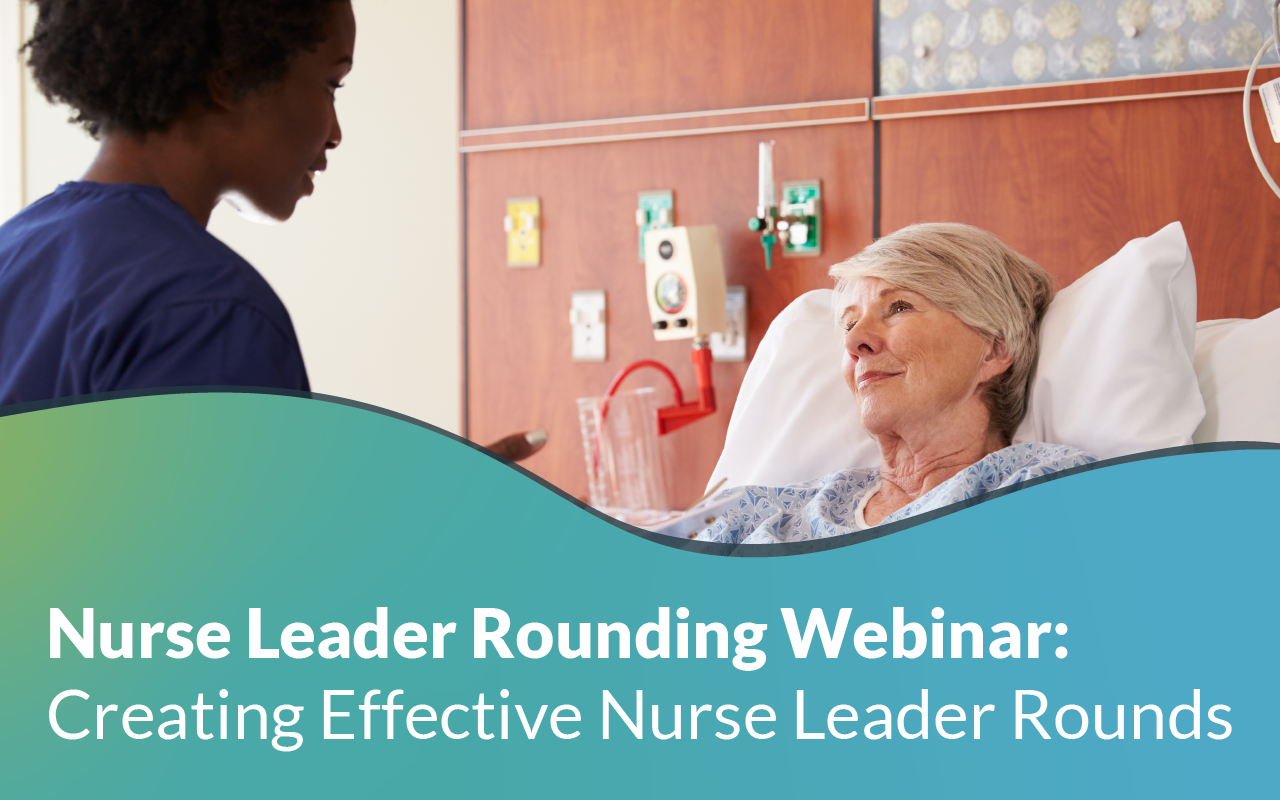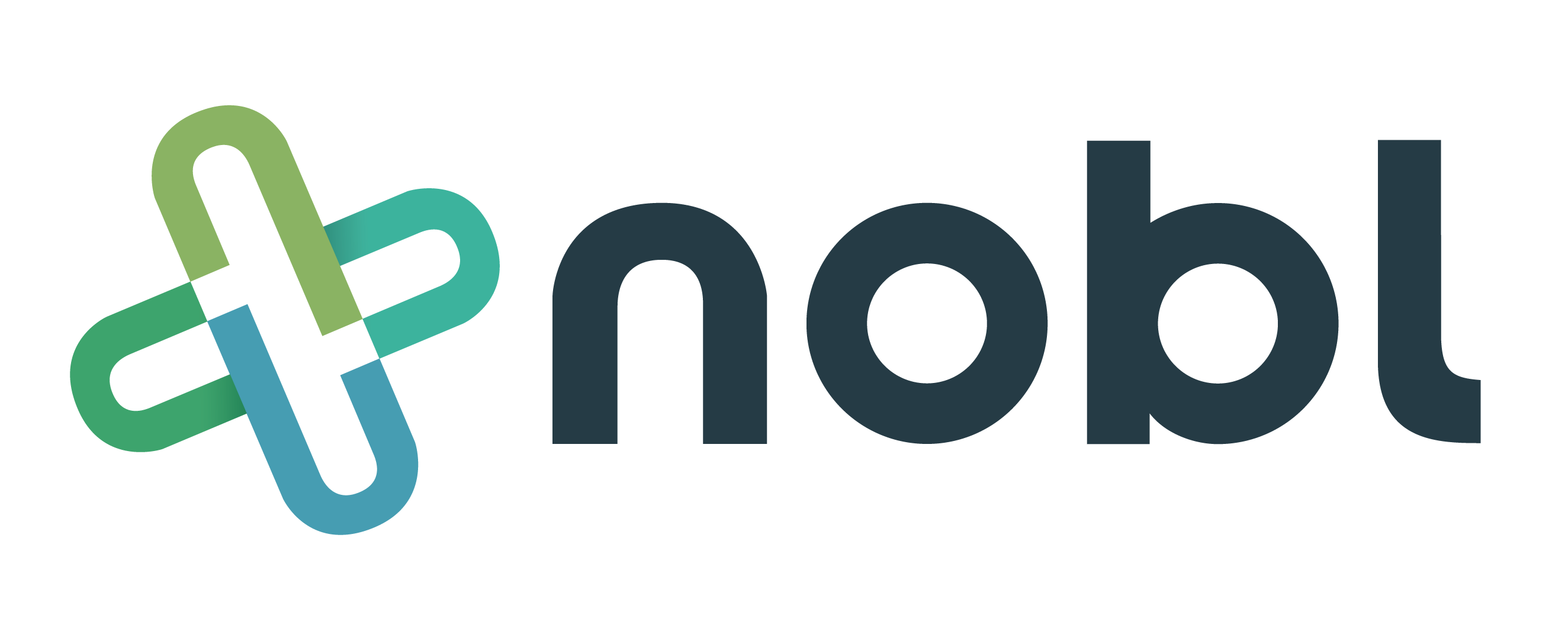
1 min read
Creating Accountability and Ownership in Nursing
Nobl Health Jul 20, 2017 3:08:00 AM
I’m currently working on a literature review to compile evidence and best practices around nurse leader rounding on patients and employees. It is interesting that with everyone jumping on the rounding bandwagon, very few of these published articles in this area are research. Instead, the journals abound with rounding case reviews or process improvement projects all geared toward HCAHPS as an outcome or gold standard of excellence. The value-based purchasing model has pushed patient satisfaction to a new level of importance in organizations, and attention must be paid to meeting expectations so that reimbursement dollars are not left on the table. But as an indirect measure of daily nursing activity, is this data effective in creating accountability and ownership in practice?
Among the case studies and PI projects are many seeking to “increase ownership and accountability” in nurses’ practice through individual scorecards and compliance rates with everything from pain management to lunch breaks. But do such individual scorecards improve compliance while also promoting engagement and pride in the job? Or do they create compliance from fear of retaliation or financial loss?
Some years ago, a hospital executive told me that the best cultures "pull" people toward outstanding outcomes rather than “pushing” them from behind as with a whip at their heels. In my years of consulting, I have visited high-performing units where outcomes are exemplary, turnover nearly non-existent, and missed work days are minimal – areas where coming to work is just so fun no one wants to miss it! This is accountability for the right reasons – love of patients and team, and pride in results. Most often these teams have reached this level of excellence because all members are involved in defining the goals, planning the activities, measuring success and helping all to grow. Providing these teams with flexible and customizable applications, like Nobl Health's rounding tools, supports their autonomy, recognizes their contribution, and respects their knowledge and expertise. Accountability can be encouraged through flexible, interface-able, and easy to use nurse and leader rounding tools to reach a level of excellence.
Blog written by Dr.Teresa Anderson, EdD, MSN, RN, NE-BC, Chief Nursing Officer, Nobl
New Free eBook
Best Practices for Sharing and Reviewing Data from the Nobl Rounding Platform
Beryl Institute Case study
Improved First Impressions at Your Front Door - Patient Ambassador Rounders Enhance the Patient Experience of a Busy Emergency Department
Recent Posts

Five Key Factors to Consider in Pediatric Leadership Rounding


